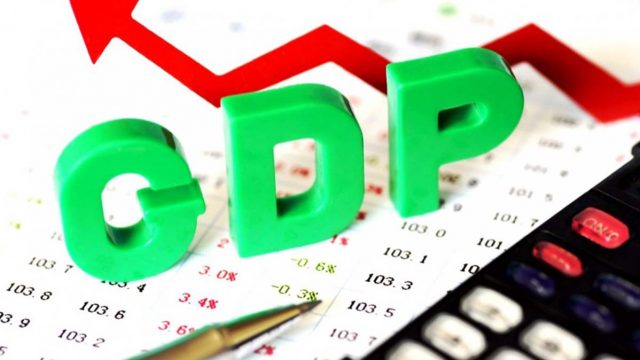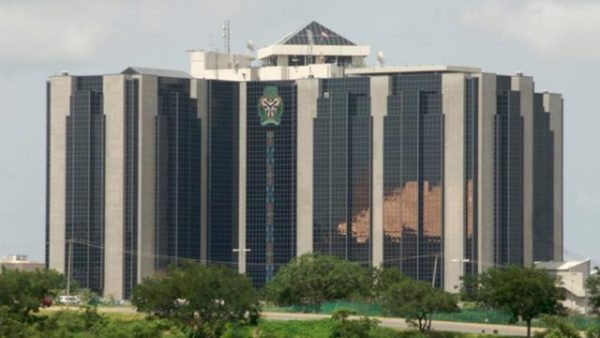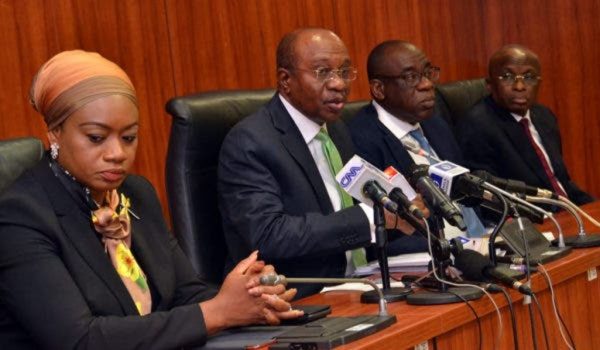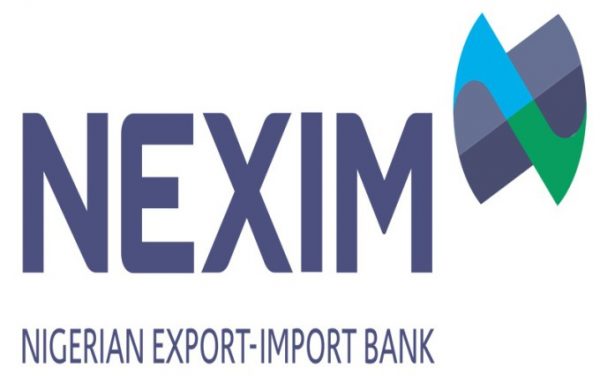Economy still in bad shape as GDP growth grinds to 1.94%
 • How to boost performance, by MAN, LCCI, others
• How to boost performance, by MAN, LCCI, others
• Experts caution against subsidy, overdependence on oil
The nation’s Gross Domestic Product (GDP) lost steam in the second quarter (Q2) of 2019, against expectations and assurances of improved numbers based on acclaimed investments in the economy by the government.Year-on-year, the growth slowed to 1.94 per cent between April and June, compared with the 2.1 per cent recorded in the first quarter, losing 0.16 per cent, the National Bureau of Statistics (NBS) said yesterday.
The development shows that the country’s economy has remained weak in its struggle to overcome the effects of the 2016 recession, after two years it exited the doldrums, creating doubts about government’s growth forecast of three per cent in 2019.Besides, the level of progress the nation has made in breaking away from the shackles of over-reliance on oil has remained questionable for many, with even the International Monetary Fund still urging the nation to diversify its revenue base.
Despite the 5.15 per cent expansion witnessed in the oil sector and the non-oil sector growth by 1.64 per cent, Nigeria’s major foreign exchange earner- crude oil- faltered, with production at 1.98 million barrels per day against 1.99 million in the previous quarter.
According to the NBS, the aggregate GDP during the quarter under review in nominal terms, recorded an increase of 13.83 per cent over the performance in the second quarter of 2018 and 9.8 per cent in the preceding quarter. “The performance observed in Q2 2019 was likely aided by stability in oil output, as well as the successful political transition. Overall, a total of 15 activities grew faster in Q2 2019, relative to last year, while 13 activities had higher growth rates relative to the preceding quarter.”
A research analyst at the FXTM, Lukman Otunuga, said the report came as a test of investors’ confidence in the health of Nigeria’s economy, the outcome of which would soon be known as they make choices.“One would have expected the economic momentum to pick up after the Central Bank of Nigeria (CBN) cut interest rates in March and forced lenders to dish out more credit in a bid to boost growth.“It is becoming quite clear that as long as overdependence on oil remains one of Nigeria’s biggest risks, this will continue to weigh heavily on the economy for the rest of 2019.
“The disappointing GDP data should nudge the CBN to cut interest rates for the second time this year in September in an effort to stimulate growth. While lower rates have the potential to keep the economy running, the answer to Nigeria’s woes can be found in diversification,” he said.
A financial analyst, Egie Akpata, said that ordinarily, there should not be too much to expect, because “you don’t get growth by doing nothing.”He restated the economic implications of the ongoing subsidy regime in the country, urging the government to remove petrol subsidy and come up with cost reflective power tariff.“This will save the government N2trillion yearly and cause huge investments to flow into the sector. This can be achieved with the stroke of a pen,” he said.
For Ayodele Akinwunmi of the FSDH Merchant Bank Limited, the government needs to intensify efforts to grow the non-oil sector of the economy, as more key sectors performed poorly in Q2, 2019, than in the last quarter.“The growth in oil sector, which is the critical driver of the performance in Q2 2019, is not sustainable, because of the developments in the global economy. Since the start of Q3, it appears that the sector has been experiencing challenges leading to decline in crude oil prices.
“Real estate sector is down, trade is down, manufacturing is down and agriculture is down as well. These sectors are critical to the growth of the economy. How can we grow with these developments?” he queried. According to the Lagos Chamber of Commerce and Industry (LCCI), the Q2 figures underline the need for urgent steps to be taken to stimulate the non-oil sector where he said productivity was very low.
The LCCI’s Director-General, Muda Yusuf, said the unsatisfactory performance of the non-oil sector underscored the urgent need for government to address the constraints to investment growth and productivity in the economy.“It is very critical at this time to demonstrate greater commitment to infrastructure improvement, ensure appropriate monetary and fiscal policies, ensure policy consistency and generally boost the confidence of investors.
“All of these are very essential to improve the performance of the non-oil sector, promote job creation, increase government revenue, enhance economic growth and promote economic inclusion. “A situation where the non-oil sector accounts for 90 per cent of our GDP and only about 20 per cent of foreign exchange earnings, and about 50 per cent of revenue is not good for the sustainability and stability of the economy”.
For the Manufacturers Association of Nigeria (MAN), the economy has remained fragile and the manufacturing sector, in particular, still continues to face daunting challenges, despite various policies and initiatives of the Federal Government.“The state of our infrastructure, as we all know, has deeply eroded the competitiveness of the sector. The supply of electricity, access to our ports and their low operating efficiencies, the poor condition of most of our highways and waterways, and the absence of a credible rail network all constitute impediments to operating efficiencies of our manufacturing establishment, consequently inducing high costs of production and distribution and rendering our manufactured goods uncompetitive”, MAN President, Mansur Ahmed, said.








